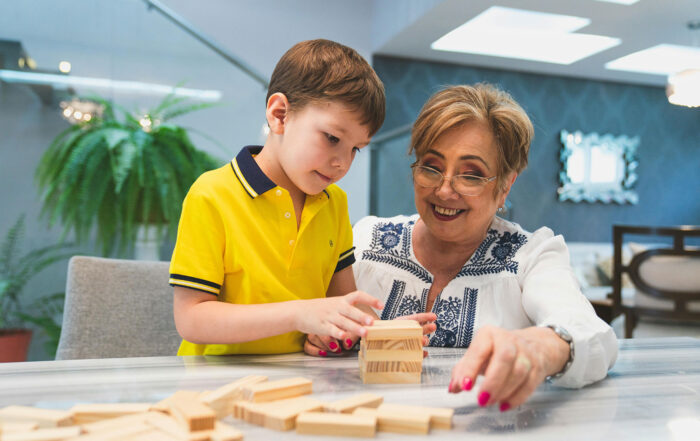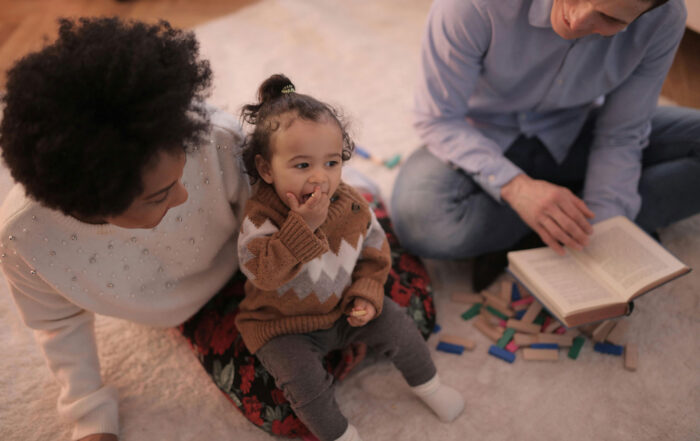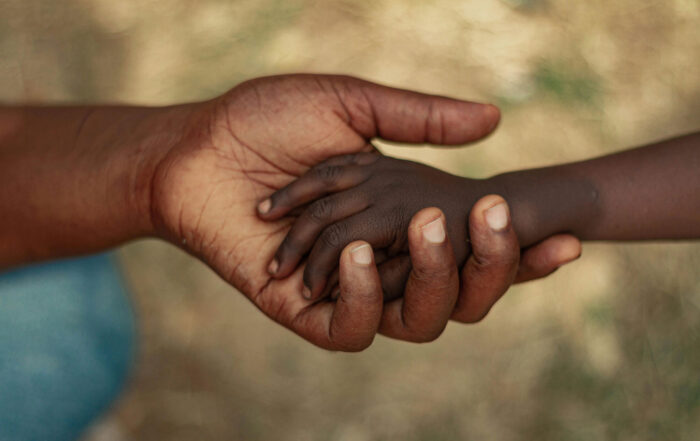
By Jeanne Supin
The “fight or flight” instinct has served the human species well, helping us respond quickly to threats, but according to child and adolescent psychiatrist and neuroscientist Bruce Perry it can also change our brains for the worse. If the threats we encounter are extreme, persistent, or frequent, we become too sensitized, overreacting to minor challenges and sometimes experiencing symptoms of post-traumatic stress disorder, or PTSD. This is especially true for children, whose still-developing brains may be chronically altered by growing up in abusive environments that Perry calls “the equivalent of a war zone.” Perry says that instead of being offered the sort of meaningful, caring connections they need, children with these experiences are often labeled troublemakers — and later criminals. He advocates passionately for changes in parenting, teaching, policing, and public policy to help traumatized kids.
The second of four children, Perry was born in 1955 in Bismarck, North Dakota. His father was a dentist; his mother, a homemaker. Skinny and asthmatic, Perry joined the track team and says visualization techniques helped him win races and get his asthma under control. He went on to attend Stanford University in California, where he majored in human biology and participated in a seminar about the effects of early life stress on the developing brains of rats. During his first summer home from college, Perry got married and returned to Stanford with his wife in the fall. One night she went missing and was later found brutally murdered. After the funeral Perry didn’t return to school. He spent a lot of time alone, thinking about what had happened. When he went back to Stanford in the spring, the attention he received from other students made him uncomfortable, so he transferred to Amherst College in Massachusetts and entered the neuroscience program. In the wake of his wife’s death he stopped focusing on grades and simply pursued subjects that interested him.
Share This Post!
Trauma in Children During the COVID-19 Pandemic
Across the nation, everyone is being exposed to and reacting to the confusing, stressful, and sometimes frightening situation of the 2019 coronavirus disease (COVID-19) pandemic in different ways. But are we, and our [...]
How to Keep Children’s Stress From Turning Into Trauma
By Stacey Steinberg Children may be processing the disruptions in their lives right now in ways the adults around them do not expect: acting out, regressing, retreating or even seeming surprisingly content. [...]
Addressing Race and Trauma in the Classroom: A Resource for Educators
By the National Child Traumatic Stress Network This resource is intended to help educators understand how they might address the interplay of race and trauma and its effects on students in the [...]
The startling toll on children who witness domestic violence is just now being understood
By Jayne O'Donnel and Mabinty Quarshie USA TODAY SAVANNAH, Ga. – Latrelle Huff says her twins were conceived by rape. Now she blames domestic violence for her children's health problems. The Georgia [...]
The lasting impact of neglect
By Kirsten Weir The first time Nathan Fox, PhD, stepped into a Romanian orphanage, he was struck by the silence. "The most remarkable thing about the infant room was how quiet it was, [...]
Children may act out due to grief or trauma of COVID-19 pandemic, and other lessons from HIV/AIDS
By Julie B. Kaplow and Mark W. Kline No infectious disease since HIV/AIDS in the 1980s has captured the world’s attention in the way COVID-19 has. The HIV/AIDS pandemic is still with [...]







